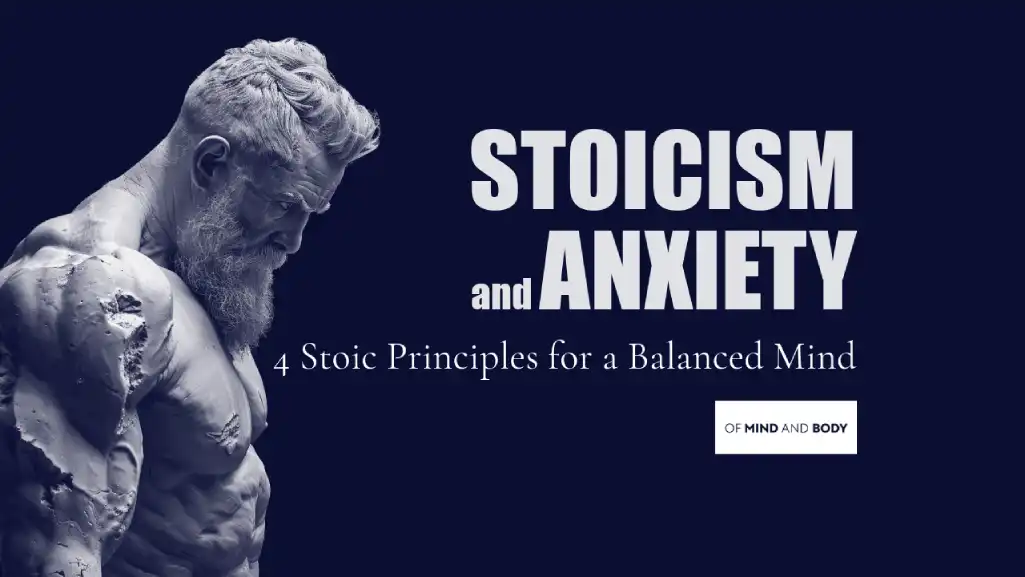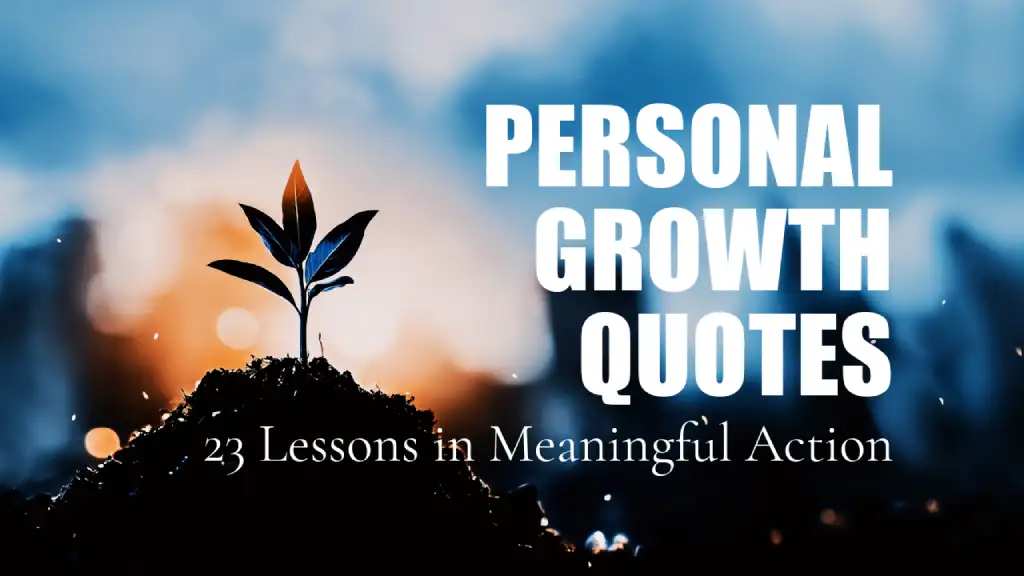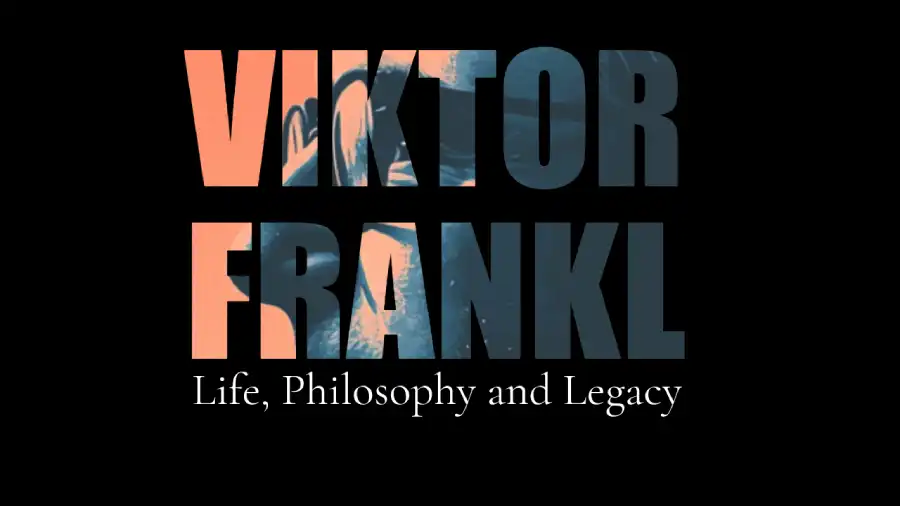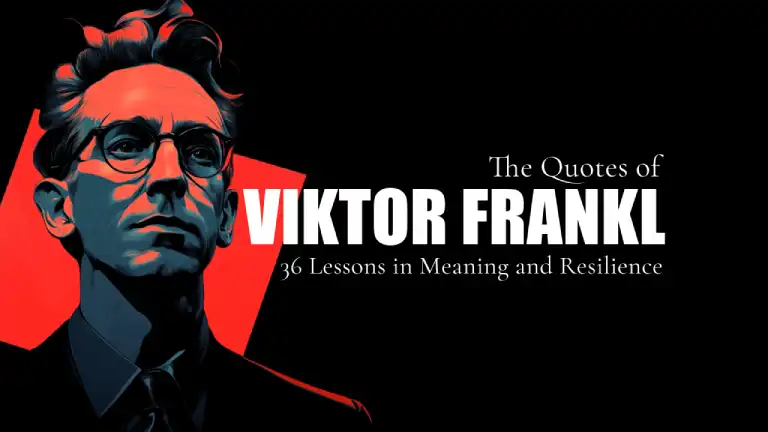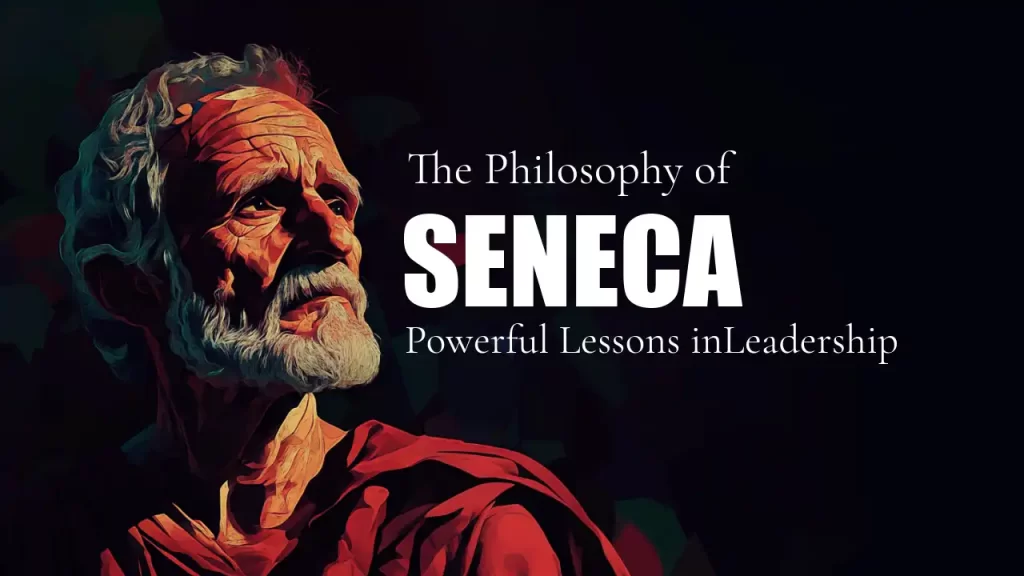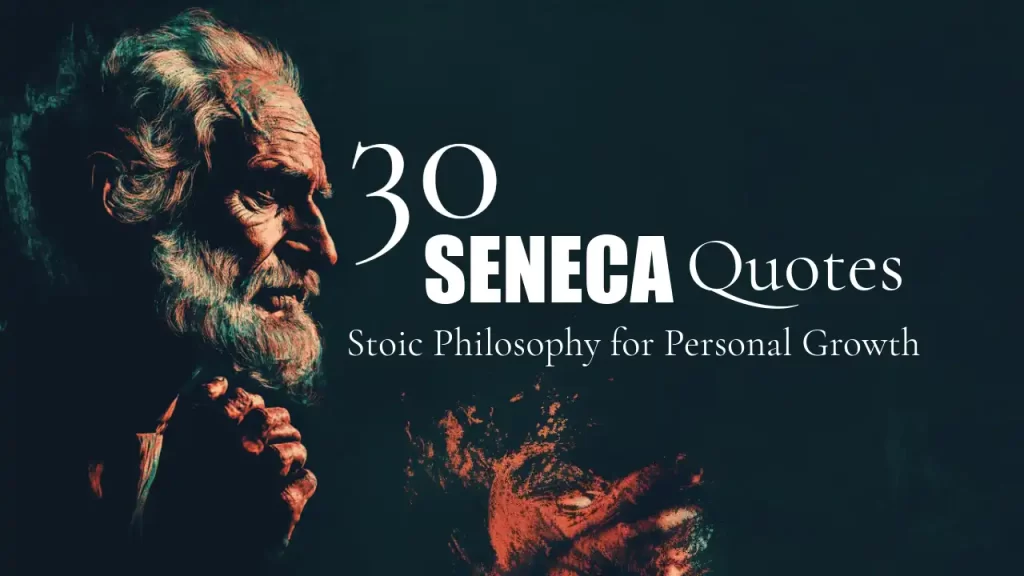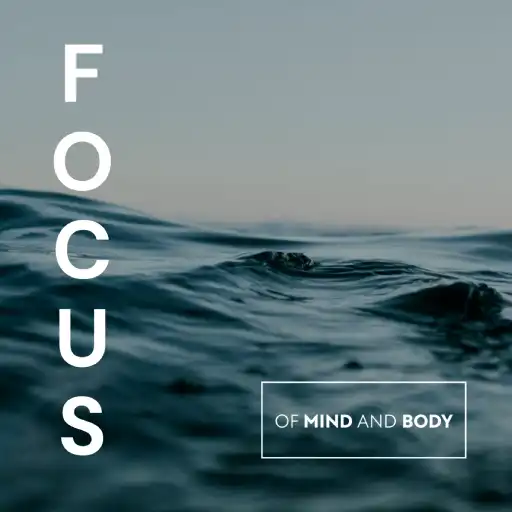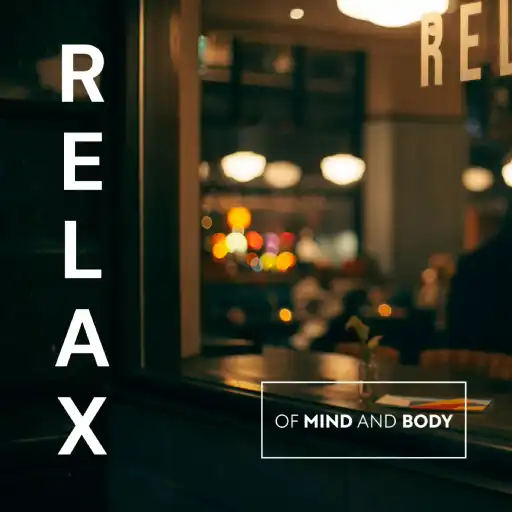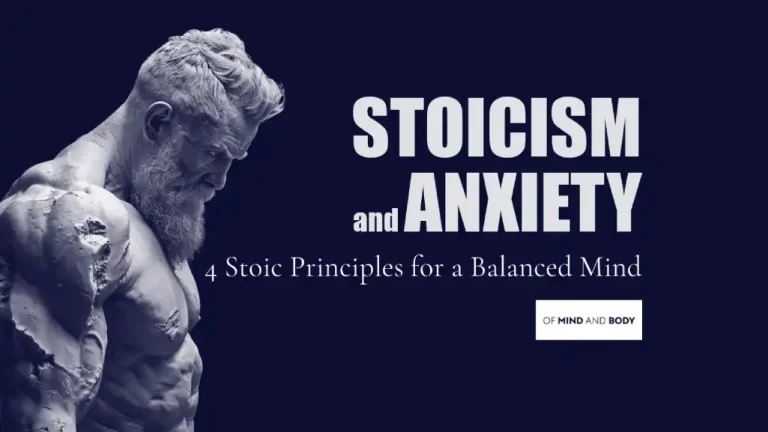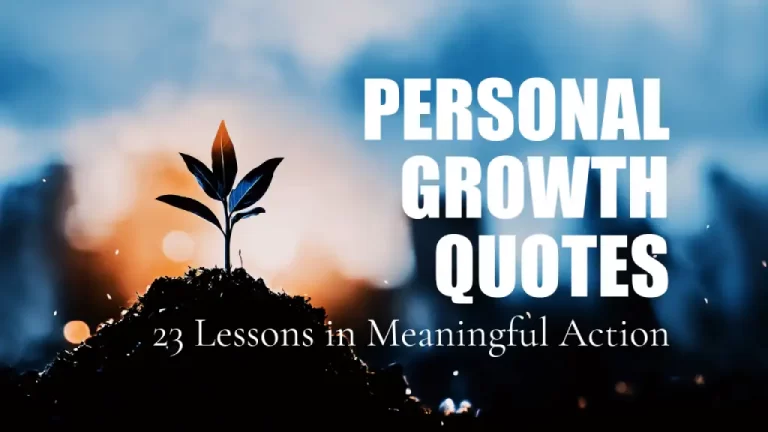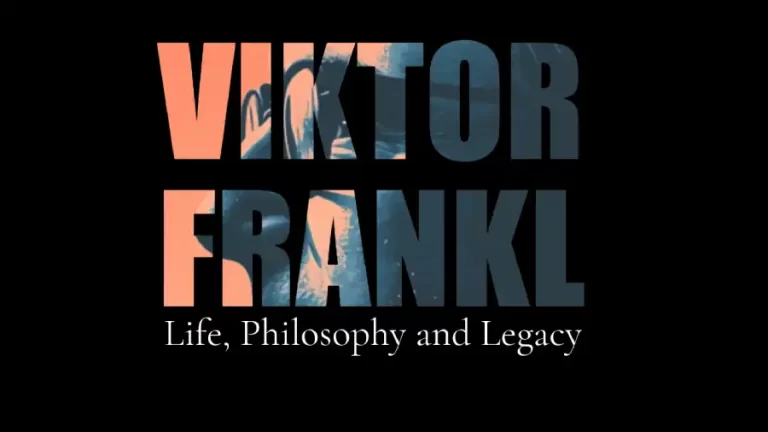
The Unspoken Truth About Failure
How do we turn failures into opportunities? We’ve all been there—facing a setback that leaves us questioning our abilities. Whether it be the breakdown of a relationship, professional set back, or even a failure to meet a personal goal.
But what if I told you that learning how to failures into opportunities is crucial for success?
How Can You Turn Your Failure into Something Positive?
With a thoughtful and intentional shift in perspective, you have the power to completely transform your relationship with failure from a disheartening experience into an empowering journey of growth and self-discovery.
Mastering the art of re-framing your relationship with failure could be one of the most transformative skills you acquire. It has the potential to revolutionise not just how you handle setbacks, but also how you approach life as a whole.
This isn’t just a minor adjustment; it’s akin to doing a full 180-degree turn in your mindset and life strategy. By adopting this empowering perspective, you open doors to resilience, innovation, and personal growth, turning challenges into stepping stones on your path to success. This skill transcends the specific context of failure, influencing your overall well-being and effectiveness in various aspects of life.
In this article, we’ll delve into the transformative power of turning failures into learning opportunities.
The Stigma Surrounding Failure
Society often paints failure with a broad brush of negativity, instilling a fear that holds us back from reaching our full potential. This psychological impact is more than just a fleeting emotion; it’s a barrier to our growth.
But, why does the term “failure” carry such a heavy burden?
The Cultural Weight of the Word “Failure”
The term “failure” carries a heavy burden largely because of cultural and societal conditioning. From a young age, we’re taught that success is good, and as a result anything other than success must be bad, right? This binary perspective is reinforced in schools, workplaces, and even in our personal relationships. The word itself becomes a label that nobody wants to wear, creating a fear that can paralyse us from taking risks or trying new things. But, I’m here to tell you that particular form of binary thinking in itself is the problem.
The Psychological Chains of Failure
This societal stigma translates into self-imposed psychological barriers. When we internalise the fear of failure, it becomes a self-fulfilling prophecy. We either avoid opportunities altogether to escape the risk of failing, or we sabotage our own efforts subconsciously. This cycle perpetuates a mindset that equates failure with personal inadequacy, which is far from the truth.
It’s time to break free from the shackling chains of fear and regret, and approach failure with indifference. Failing to achieve a desired outcome doesn’t make you a failure; it means you had the courage to try. The more you practise, the more you try, the closer you get to success.
So how do we begin to transform our relationship with failure?
How to Turn Failure into Success
Unless you try to do something beyond what you have already mastered, you will never grow.
Ralph Waldo Emerson.
The Mindfulness Approach to Failure
The Essence of Mindfulness
Mindfulness is the practice of being fully present, aware of where we are and what we’re doing, without being overly reactive or overwhelmed by external circumstances. It’s a mental state achieved by focusing one’s awareness on the present moment, while calmly acknowledging and accepting one’s feelings, thoughts, and bodily sensations.
The Immediate Aftermath: The Moment of Failure
The moment we realise we’ve failed at something is often filled with a rush of emotions—disappointment, frustration, even shame. These emotions can cloud our judgement and lead us down a spiral of negative thinking. Mindfulness teaches us to pause and observe these emotions without judgement, giving us the space to process them constructively.
The Power of Observation: Dissecting Thoughts and Emotions
Being mindful allows us to dissect our thoughts and emotions with surgical precision. Instead of getting lost in the narrative of “I’m a failure,” we can step back and ask, “What am I feeling right now? What thoughts are contributing to this feeling?” This level of self-awareness can be incredibly liberating, as it helps us separate our identity from the event of failing.
The Clarity of Now: Navigating Cognitive Challenges
When we’re present in the moment, we’re better equipped to navigate the cognitive challenges that failure presents. Mindfulness serves as our guiding light, illuminating the intricacies of our thought patterns and offering us the clarity to make wiser decisions and turn our failures into opportunities.
Mindful Breathing: A Practical Tool
One of the simplest yet most effective mindfulness techniques is mindful breathing. In the heat of the moment, taking a few deep, conscious breaths can help lower stress levels, providing a clearer perspective on the situation at hand.
Case Study: Failing a Job Interview Mindfully
Imagine you’ve just walked out of a job interview knowing you didn’t perform well. Instead of letting your mind race through all the things you should have said or done, take a few mindful breaths. Acknowledge your feelings of disappointment, but also recognise that this single event doesn’t define you. By being fully present, you can more objectively assess your performance, identify areas for improvement, and turn these failures into opportunities.
By incorporating mindfulness into our approach to failure, we’re not just mitigating the emotional toll it takes; we’re also gaining invaluable insights into our thought processes and behavioural patterns. This self-awareness is the first step in transforming failure from a dreaded experience into a catalyst for growth and self-improvement.
Don’t Miss Out: Subscribe for More Empowering Insights Delivered to Your Inbox!
Cognitive Behavioural Therapy: Rewiring Your Thoughts About Failure

Understanding the Basics of CBT
CBT is a form of psychotherapy that focuses on changing negative thought patterns and behaviours. It’s a practical approach that provides actionable tools for cognitive mastery.
The ABC Model: A Framework for Understanding Failure
CBT often employs the ABC Model to dissect an event:
A: The Activating Event (e.g., failing a job interview)
B: Beliefs (e.g., “I’m not good enough”)
C: Consequences (e.g., feeling depressed)
By understanding this framework, we can identify the beliefs that lead to negative consequences and work on changing them.
Identifying Cognitive Distortions
One of the first steps in CBT is recognising cognitive distortions, such as “all-or-nothing thinking” or “catastrophizing.”
These 2 particular cognitive distortions will probably bear the brunt of the responsibility if you have a particular aversion to failure.
All-or-Nothing Thinking
All-or-nothing thinking, also known as black-and-white thinking, can severely distort your relationship with failure. This cognitive distortion leads you to view situations in extreme, either/or terms: you’re either a success or a complete failure, with no middle ground. When applied to setbacks or challenges, this mindset magnifies the impact of failure, turning it into a catastrophic event that defines your worth. Instead of seeing failure as a learning opportunity or a single incident isolated from your overall abilities and growth, all-or-nothing thinking traps you into a cycle of self-doubt and avoidance. This can lead to missed opportunities, hindered personal development, and a perpetual fear of taking risks.
In steps “catastrophizing” to deal another blow to the solar plexus of your self-confidence, magnifying the impact of failure to seemingly insurmountable proportions.
Catastrophizing
Catastrophizing is another cognitive distortion that can significantly impair your relationship with failure. This thought pattern leads you to imagine the worst possible outcome, turning a simple setback into a disastrous event that has far-reaching implications for your life. For example, failing at a job interview isn’t just a missed opportunity; in a catastrophizing mindset, it becomes a sign that you’re unemployable, will never succeed in your career, or even that your life is ruined.
This exaggerated perspective amplifies the emotional toll of failure, making it difficult to bounce back or learn from the experience. It can also create a paralysing fear of taking any action that carries the risk of failure, as the imagined consequences feel too dire to face. By identifying and challenging catastrophizing thoughts, you can develop a more balanced and realistic view of failure, seeing it as a stepping stone rather than a cliff’s edge.
Challenging Cognitive Biases
Once we’ve identified these distortions, the next step is to challenge them. Ask yourself questions like:
– Is this thought based on facts or assumptions?
– What evidence do I have that supports or contradicts this belief?
– Are there alternative explanations or viewpoints?
Practical Exercises: Thought Records and Behavioural Experiments
CBT offers various exercises to help reshape your thought patterns. For instance, keeping a “Thought Record” allows you to jot down negative thoughts, challenge them, and replace them with more balanced thoughts. Behavioural experiments, on the other hand, involve facing your fears or failures in a controlled setting to gather evidence that challenges your negative beliefs.
By incorporating CBT into your life, you’re not just avoiding setbacks; you’re actively working towards a healthier mindset. It’s a toolkit that complements mindfulness and stoicism, empowering you to turn failures into stepping stones on your path to mental well-being.
Stoicism: The Philosophy of Embracing Failure

Stoicism offers us a profound lesson: while we may not have control over external events, we do have the power to control our reactions to them. Embracing a stoic mindset allows us to detach emotionally from outcomes, shifting our focus instead to the core values that guide our daily choices and actions.
So, what exactly is within our control when we face setbacks or “failures”? While the circumstances surrounding each failure may vary, the constant thread running through all these experiences is our ability to control our reactions. It’s natural to feel a sense of disappointment or even despair when things don’t go as planned. However, once the initial emotional turbulence subsides, we have the opportunity to assess the situation with clarity.
Amor Fati: the love of fate.
Amor Fati encourages us to not only accept but also embrace everything that comes our way—be it past, present, or future events. This isn’t a form of passive resignation but an active engagement with life’s challenges. By adopting this mindset, we transform obstacles into opportunities, viewing them as tests that help us grow and refine our character. In essence, Stoicism equips us with the mental tools to turn every challenge into a stepping stone, enriching our journey toward personal and spiritual growth.
Premeditatio Malorum: The Art of Anticipating Setbacks
The Stoic practice of Premeditatio Malorum, or “The Premeditation of Evils,” encourages us to mentally rehearse potential setbacks or difficulties before they occur. This is not a pessimistic exercise but a strategic one. By visualising possible failures, we can better prepare ourselves both emotionally and practically. For instance, if you’re about to launch a new project, consider what could go wrong and how you would handle it. This mental preparation can not only help you navigate challenges more effectively but also reduce the emotional impact when setbacks do occur. It’s like having a roadmap for failure, allowing you to turn each setback into a well-considered step on your journey to success.
The View from Above: Gaining Perspective on Failure
Another invaluable Stoic technique is “The View from Above,” a meditation that encourages us to see our lives from a broader, more cosmic perspective. Imagine looking down on your life from a great height, seeing all your failures, successes, and struggles as mere blips in the grand scheme of things. This exercise helps us realise that our setbacks are not as monumental as they seem; they’re just a small part of a much larger, ever-changing landscape. By adopting this bird’s-eye view, we can detach from the emotional weight of our failures and see them as they truly are: temporary, surmountable, and often, invaluable learning experiences. This shift in perspective can be liberating, freeing us from the paralysing fear of failure and opening us up to new possibilities for growth and transformation.
Dive Deeper into Stoicism: Sign Up for Our 5-Day Stoic Challenge!
Navigating the Spectrum of Setbacks: The Importance of a Balanced Mindset in Facing Life’s Varied Challenges

It’s crucial to differentiate between various types of setbacks, from the repetitive tasks we might struggle with to more significant life events like the end of a relationship or job loss. While these scenarios may appear to be worlds apart, the underlying principle remains consistent: the importance of approaching each situation with a balanced mindset. This involves reflecting without judgement, dissecting what went right and wrong, and discerning what was within your control. It’s true that some setbacks may have a more profound impact on your life, carrying a heavier emotional burden. Navigating these emotionally charged situations demands a greater level of emotional resilience to extract valuable lessons from them.
Given this, it becomes even more essential to apply this balanced approach to life’s more challenging setbacks. The emotional investment needed in these situations is substantial, but correspondingly, the potential for learning and personal growth is just as significant.
The Joy of Practice and Repeated “Failures”
Let’s talk about the beauty of practice. Whether you’re honing your ability to play an instrument, mastering skills in order to further your career, or going for a personal best in the gym, each failure is not a setback but a practice session in disguise. While immediate success has its own charm, the deepest sense of fulfilment often comes from triumphing over challenges.
The phrase “enjoy the process” is often tossed around, sometimes feeling like an empty platitude from those who’ve already reached their pinnacle of success. But there’s profound wisdom in these words. What are your ultimate goals? Is it success, a sense of accomplishment, or perhaps personal fulfilment? Understand that each time you “fail” and glean a lesson from it, you’ve already achieved something invaluable. You’ve expanded your mental and emotional toolkit, fortified your resilience, and taken a step forward in your journey of personal growth.
Could this nuanced perspective on failure and learning be the secret ingredient to truly “enjoying the process”?
Embrace the Journey: Your Roadmap to a Life Well-Lived

As we come to the end of this exploration, let’s pause and reflect on the transformative journey we’ve embarked upon. We’ve dismantled the societal and psychological barriers that have long held us captive to a narrow definition of failure. We’ve delved into the empowering philosophies of mindfulness, Cognitive Behavioral Therapy, and Stoicism, each offering unique tools to reframe our relationship with setbacks. We’ve also recognized the importance of a balanced mindset, especially when navigating life’s more emotionally charged challenges.
But remember, this is not the end; it’s merely a new beginning. The road ahead is long and filled with its own set of challenges and opportunities. Yet, armed with this newfound wisdom, you’re not just surviving; you’re thriving. You’re not just avoiding failure; you’re embracing it as a stepping stone to greater heights. You’re not just living; you’re flourishing in the truest sense.
So, as you step out into the world, carry this wisdom in your heart: Each setback is a setup for a comeback. Each failure is a chapter in your success story. And each moment of struggle is a brushstroke in your masterpiece of a life well-lived.
Go forth with courage, resilience, and an unquenchable thirst for growth. Your best life is not just a dream; it’s a reality waiting to be seized. And remember, the journey of a thousand miles begins with a single, empowered step. Take that step today.


